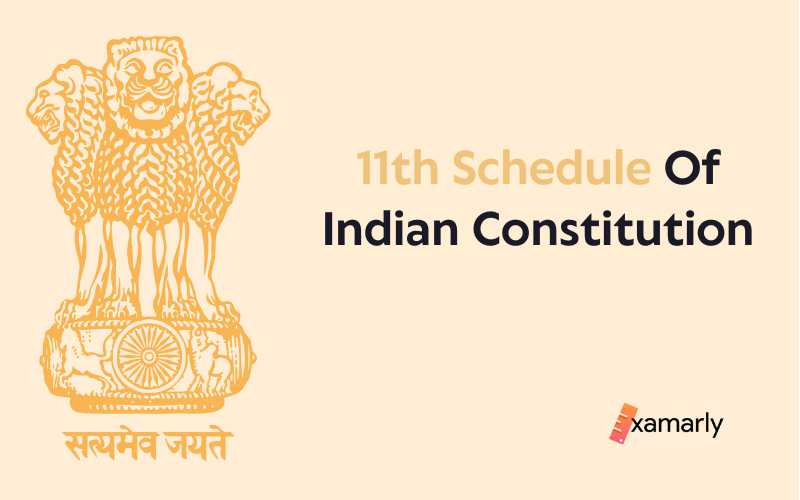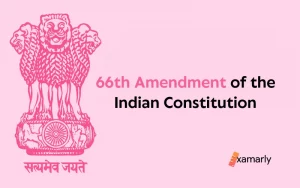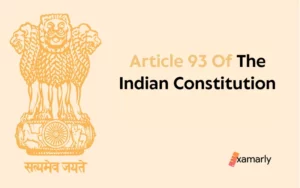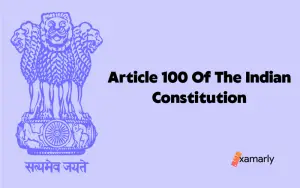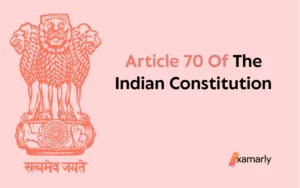In order for Panchayats to function as local governments, the 11th schedule of Indian Constitution contains laws that outline their rights, responsibilities, and powers. The 73rd Amendment of the Constitution of India added the Eleventh Schedule. It covers 29 topics, including agriculture, animal husbandry, rural development, fishing, and others.
Read this article ahead to know the lists of topics included in this schedule and what this schedule is all about. From the UPSC Exam perspective, this is an important article that is covered in the segment of Indian Polity of UPSC Syllabus.
11th Schedule Of Indian Constitution
The eleventh schedule of Indian Constitution addresses Panchayati Raj institutions, or the rural self and rural local government.
- The Indian Constitution outlines the duties, rights, and authority of the panchayat in order for them to carry out their function as local governments.
- The 73rd Amendment of the Constitution of India of 1992 added this schedule.
- In order for panchayats to carry out local government duties, state legislatures must pass laws giving them the necessary power and authority.
Major Provisions
For Panchayats to carry out local government duties, state legislatures must pass laws granting them power and jurisdiction.
The 11th schedule codifies the division of authority between the State Assembly and the Panchayats.
It consists of the 29 useful items listed below that are under the control of panchayats:
- Agriculture, including agricultural extension.
- Minor irrigation, water management, and watershed development.
- Fisheries.
- Land improvement, implementation of land reforms, land consolidation, and soil conservation.
- Animal husbandry, poultry, and dairying.
- Social forestry and farm forestry.
- Small-scale industries, including food processing industries.
- The minor forest yield.
- Khadi, village, and cottage industries.
- Fuel and fodder.
- Roads, bridges, waterways, ferries, culverts, and other means of communication.
- Rural Housing.
- Rural electrification, including the distribution of electricity.
- Drinking water.
- Non-conventional energy sources.
- Education, including primary and secondary schools.
- Technical training and vocational education.
- Poverty alleviation programmes.
- Adult and non-formal education.
- Libraries.
- Cultural activities.
- Markets and fairs.
- Health and sanitation including primary health centres, hospitals, and dispensaries.
- Family welfare.
- Women and child development.
- Social welfare, including the welfare of the handicapped and mentally retarded.
- The welfare of the weaker sections, in particular, of the schedule caste and the schedule tribes.
- Public Distribution System.
- Maintenance of community assets.
Conclusion
Major duties have been delegated to regional entities under the eleventh schedule of Indian Constitution. These, particularly in subjects connected to education, sustainable development, and welfare of the weaker sectors, etc., could actually determine the future route the country takes and the development attitude it takes.
The link of the relatable articles is tabulated below. All these linked articles will be beneficial for the preparation of the UPSC Exam.
FAQs
Who Introduced The 11th Schedule Of Indian Constitution?
73rd constitutional amendment act added the 11th Schedule of Indian Constitution in the year 1992.


